Matter: Books
Further resources, if available, can be found in our full bibliography.
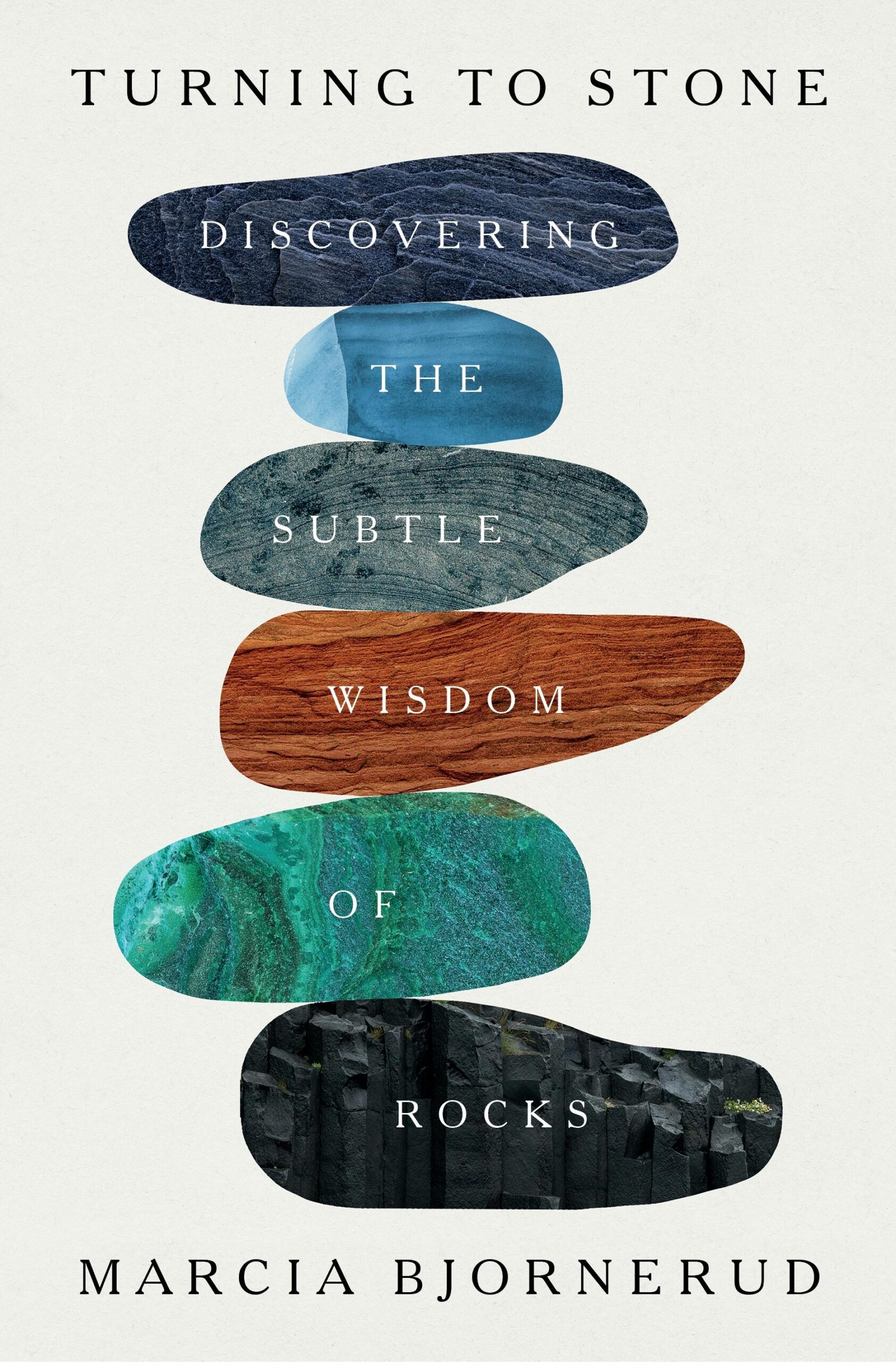
Earth has been reinventing itself for more than four billion years, keeping a record of its experiments in the form of rocks. Yet most humans live their lives on the planet with no idea of its extraordinary history, unable to interpret the language of the rocks that surround them. Geologist Marcia Bjornerud believes that human lives can be enriched by understanding their heritage on this old and creative planet. Contrary to their reputation, rocks have eventful lives–and they intersect with that of humans in surprising ways. In Turning to Stone, Bjornerud reveals how rocks are the hidden infrastructure that keep the planet functioning, from sandstone aquifers that purify drinking water to basalt formations slowly regulating global climate. Bjornerud’s life as a geologist has coincided with an extraordinary period of discovery in the geosciences. From an insular girlhood in rural Wisconsin, she found her way to an unlikely career studying mountains in remote parts of the world and witnessed the emergence of a new understanding of the Earth as an animate system of rock, air, water and life. As Earthlings at the most fundamental level, readers can find existential meaning and enduring wisdom in stone.
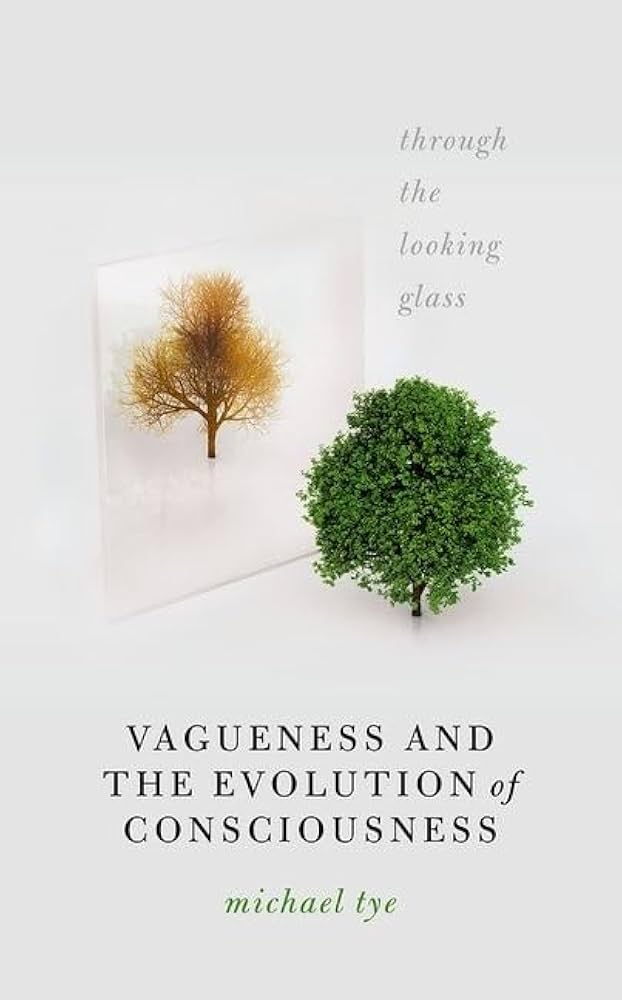
Vagueness and the Evolution of Consciousness: Through the Looking Glass
Michael Tye
Oxford University Press
2023
Reflecting on the inception of consciousness, it is natural to suppose that there are just two alternatives. Either consciousness appeared in living beings suddenly or it appeared gradually. Unfortunately, both alternatives face deep problems. The solution to these problems lies in the realization, argues Tye, that a key element of consciousness itself was always here, as a fundamental feature of micro-reality. Varying conscious states were not, however: they appeared gradually. In Vagueness and the Evolution of Consciousness, Michael Tye explains in detail how this can be so. He also addresses questions about the location of consciousness in the brain, the causal efficacy of consciousness with respect to behavior, and the extent of consciousness in the animal world.
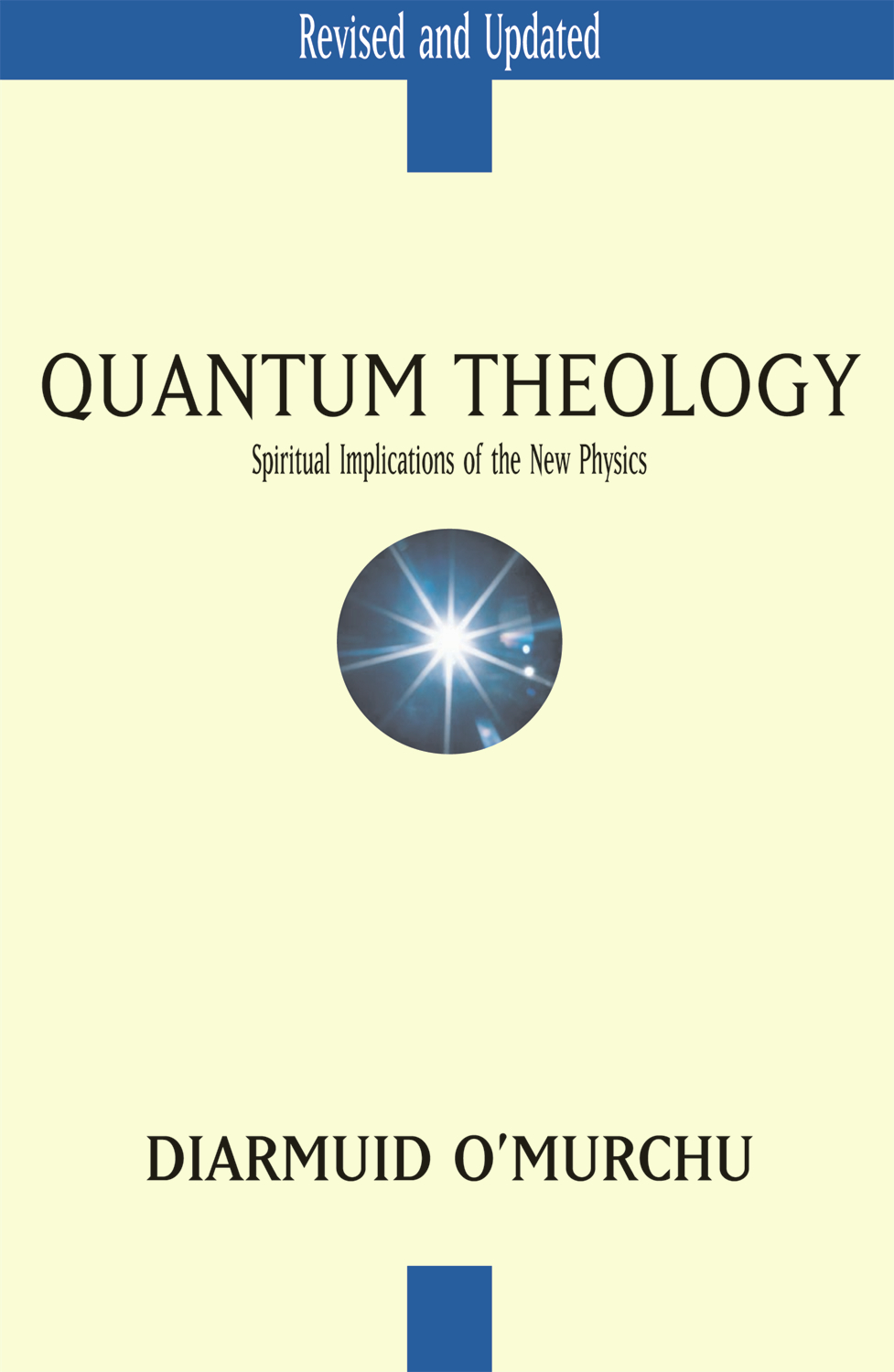
Diarmuid O’Murchu’s Quantum Theology: Spiritual Implications of the New Physics explores the intersection of spirituality and science, particularly focusing on the implications of quantum physics for theology. O’Murchu delves into the parallels between the insights of modern physics, particularly quantum mechanics, and mystical and spiritual traditions. By drawing connections between these seemingly disparate realms, he offers a provocative exploration of the nature of reality, consciousness, and the divine. The book invites readers to consider how advances in science can deepen one’s understanding of spirituality and challenge traditional theological frameworks.
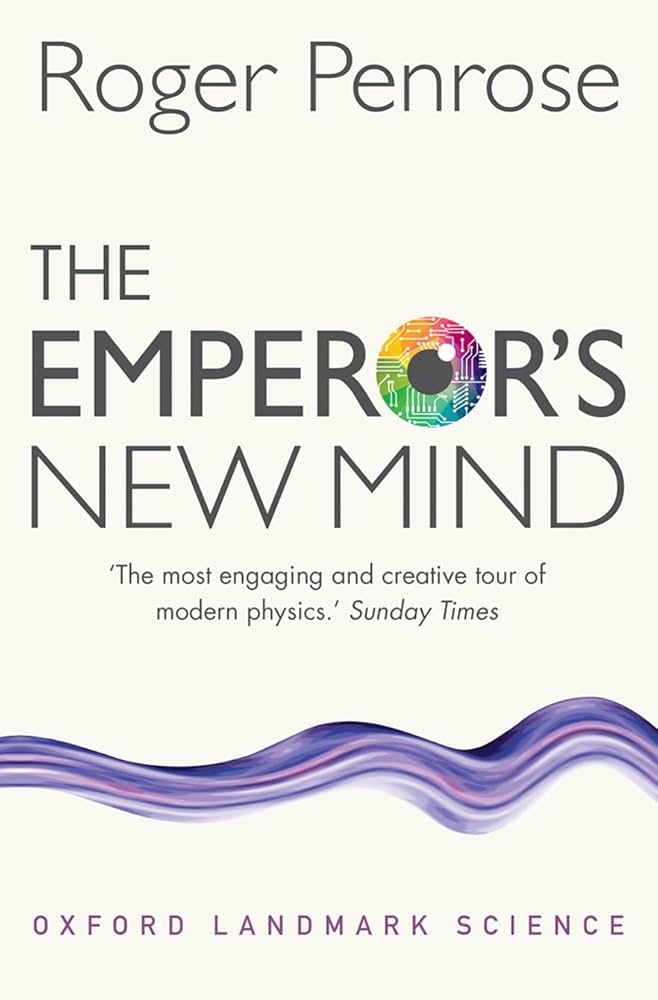
The Emperor's New Mind: Concerning Computers, Minds, and the Laws of Physics
Roger Penrose
Oxford Landmark Science [Oxford University Press, 1989]
2016 (Revised edition)
For many decades, the proponents of “artificial intelligence” have maintained that computers will soon be able to do everything that a human can do. In this book, originally published in 1989, Sir Roger Penrose takes readers on a tour through the basic principles of physics, cosmology, mathematics, and philosophy to show that human thinking can never be emulated by a machine. Penrose hypothesizes that quantum mechanics plays an essential role in the understanding of human consciousness. The collapse of the quantum wavefunction is seen as playing an important role in brain function.
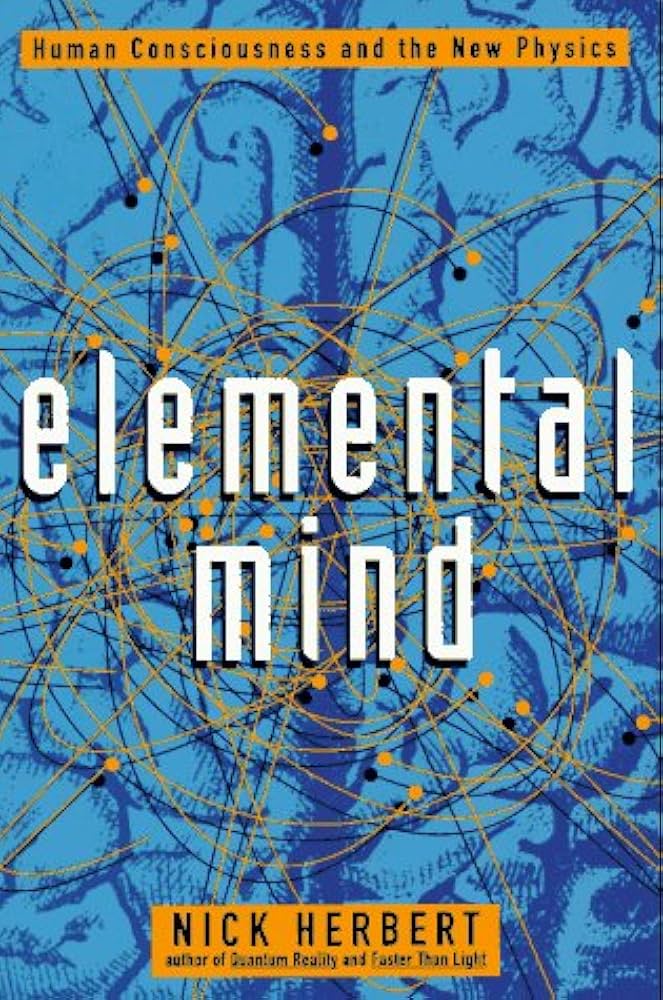
Elemental Mind addresses the mind/body problem. Until now the debate has been dominated by two major conjectures. One holds that the mind is the result of certain complex biological interactions; the other asserts that the mind is the “software” that controls the brain’s computer-like “hardware.” This book presents a third hypothesis–one that casts aside traditional explanations about inner mental states. And it does so by drawing on sources as diverse as Vonnegut and Heisenberg, not to mention imagined encounters with an entrancing, highly intelligent robot named Claire. Founding his argument on the basics of quantum theory (randomness, thinglessness, and interconnectedness), Nick Herbert explores the intriguing hypothesis that, far from being a derivative phenomenon, mind is a fundamental process in its own right, as widespread and deeply embedded in nature as light or electricity. Elemental Mind offers a new approach to the riddle of consciousness that has challenged philosophers and scientists for centuries.
Photo Credit: Arches National Park, Utah; Josh Soriano/Unsplash